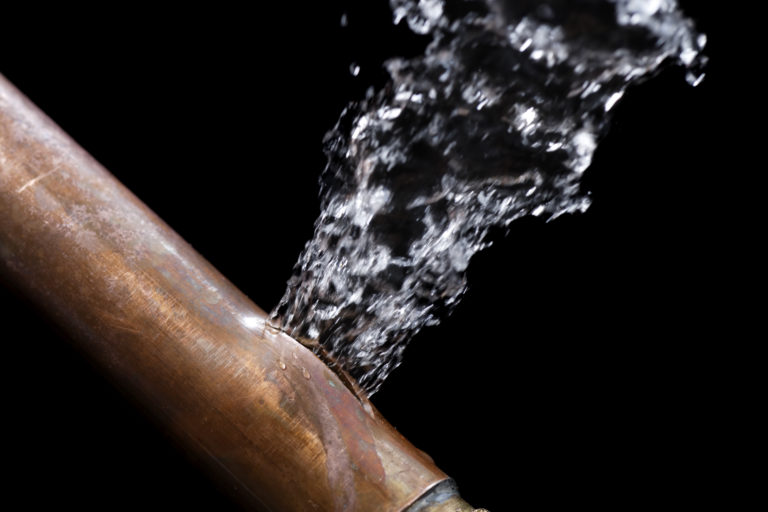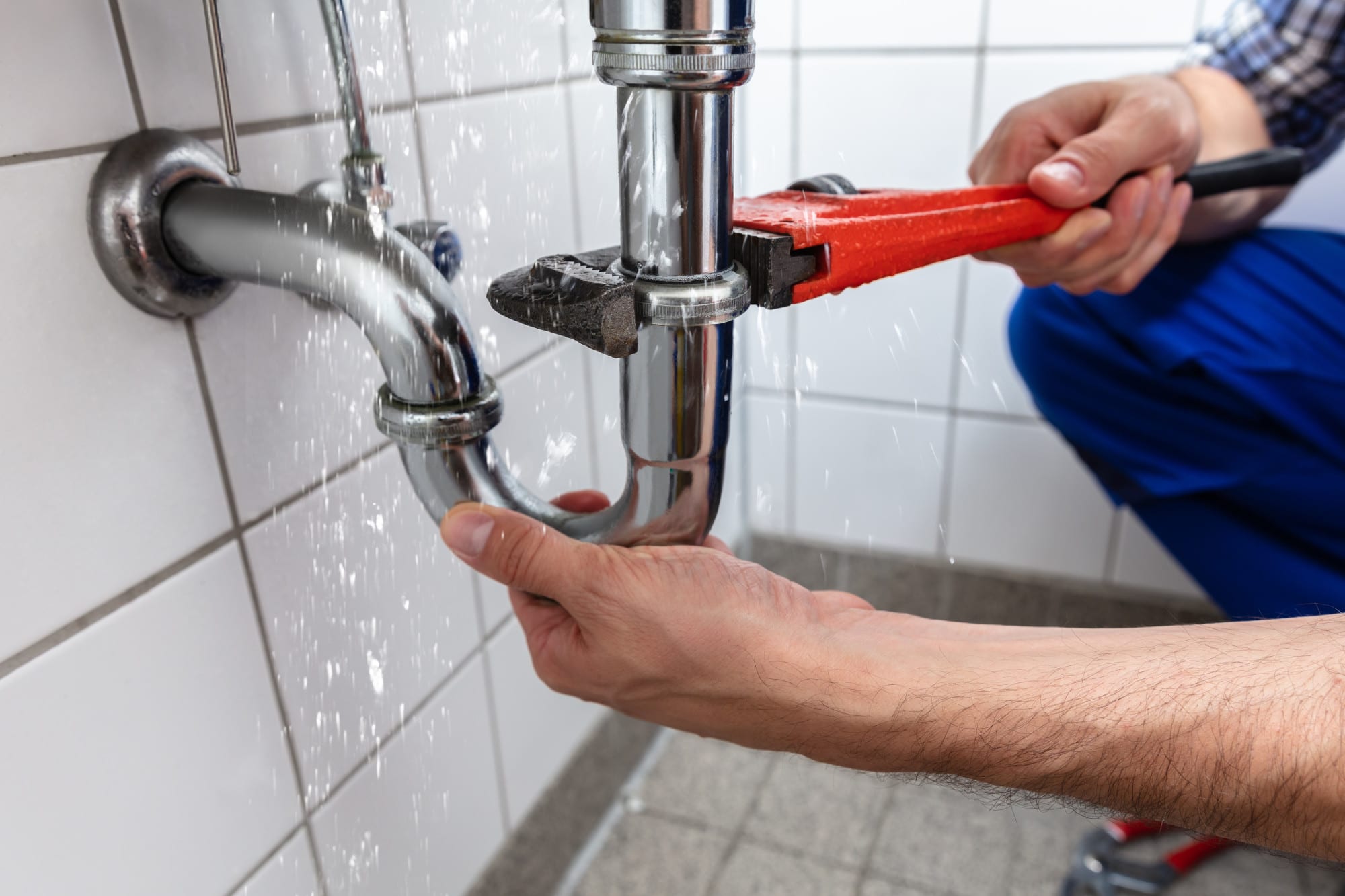Easy Tips for Septic System Maintenance: What You Should Know
Easy Tips for Septic System Maintenance: What You Should Know
Blog Article
We have stumbled on the article pertaining to Water Damage: Tips On What To Do When Your House Is Flooded listed below on the net and accepted it made perfect sense to discuss it with you on this site.

What should you do if a water pipe bursts in your home, producing a mini-waterfall as well as flooding an area of your house? The longer you wait, the much more serious the water damages in your building. For these factors, you require to discover what to in situation of a burst water pipe.
Turn off the Main Waterline Valve
The first thing you have to do is close the shut-off valve. Look for the neighborhood shut-off shutoff to turn-off water in one certain area only. You have to turn-off the main waterline valve if you don't recognize where the local shut-off shutoff to the component is. This will cut off the water in your whole residence. Generally, the major shutoff is discovered outside the home next to the water meter. You can additionally locate it in the cellar at an eye-level or it might be in the 1st flooring on the ground if it's not there. Commonly, home builders however the shut-off valve in the main ground degree shower room or best next to it.
Call Water Damages Remediation Pros for Help
After closing the water source, call the pros for help. Due to the fact that they require to fix the pipelines as well as address the problems to your home, this is not something you can readily Do it yourself. Seek aid from a respectable company using 24/7 emergency services. With their specialist assistance, you can minimize exacerbation due to the fact that water can leak via your things causing distorted walls, loose floor tiles, or damage framework. Don't take this trouble lightly and also seek career guidance for full peace of mind.
Record the Damages For Insurance
As you are waiting on the pros to arrive, document the damages caused by the errant pipeline. Take pictures as well as video clips of everything. Do closeup shots of belongings. These points will function as proof for your homeowner's insurance coverage. Remaining proactive with this enables you to sue for insurance coverage, which will assist you and also your family get back on your feet.
Salvage Things That Can Be Conserved
As soon as you're done taking pictures, peruse the products as well as secure one of the most important ones from the stack. Dry them off and try to protect as long as you can. Drag them far from dampness so they can start to dry.
Beginning the Drying Process
While waiting for the pros, you can begin the drying out procedure. Luckily, water from your waterlines are tidy so you do not need to bother with sewage system water. However, the flowing water may have disturbed the dust and debris in your floorboards and carpets. Be prepared with gloves as you utilize buckets to dispose out the water. Then, blot out as much as you can with old towels. You can additionally activate an electrical fan or open windows to promote air circulation. This will accelerate drying out and also prevent mold and mildew development.
Specialists are the only ones certified to fix the burs pipelines and succeeding damage. You will generally see red flags like bubbling paint, unusual noises in the plumbing, stuffy odor, caving ceiling, peeling off wallpaper, or water spots.
What should you do if a water pipeline bursts in your residence, producing a mini-waterfall and also flooding a location of your house? For these factors, you need to discover what to in case of a ruptured water pipe. After closing the water resource, call the pros for assistance. With their specialist help, you can minimize exacerbation since water can permeate through your points resulting in warped baseboards, loosened tiles, or damages structure. Luckily, water from your waterlines are tidy so you don't have to stress about drain water.
Handling a Burst Water Pipe in Your Plumbing System
Main Valve Shutoff
The first step in any significant plumbing emergency where water damage or flooding is a concern: Shutting off your home's main water valve, which is the primary source of water flow to your system. The main valve will often be found in the basement, though it's sometimes under the kitchen sink or in another location – as a homeowner, you should know where your main water shutoff valve is in case of events like these.
And before you do anything else, including calling our plumbers, you should head to this valve and turn it off. This will stop the flow of further water through the burst pipe area, and will limit the damage while you wait for our team to arrive.
Calling a Plumber
The precise timing with which you call our plumbers for emergency plumbing assistance may vary somewhat – you may take a few of the other steps we'll go over here before you do so, depending on the extent of the damage and other factors. At some point here, however, you should be contacting our team for emergency assistance.
If you're inexperienced dealing with these kinds of issues, it pays to make this call sooner rather than later – often immediately after you've turned of your main shutoff valve. This is because once you've called us, our plumbers can give you tips and expertise to follow from over the phone, helping you with a few basic actions while you wait for our team to arrive in-person. We'll make sure you avoid any mistakes while taking proper action to slow the extent of any damage taking place.
Pipe Draining
The next step to perform after main valve shutoff, whether on your own or with the assistance of our arriving plumbers, is to drain the various pipes of any water that's remaining in them. You should move through the home and flush every toilet that's present, which will remove all the water from these pipes (the toilets will not refill if your main water valve has already been turned off, as it should have). In addition, run the cold-water side of every faucet in your home until they're dry. These basic steps will limit the amounts of water that reach the burst pipe area and risk water damage.
Other Turnoffs
A couple other important home components should also be turned off during this process:
Water heater: Not only should you turn off the power to your water heater during this situation, you should also go back afterward and run the hot water side of your faucets and showers until they're dry. This serves the same purpose as above: Removing any additional water that may run through the burst pipe area before it does so. Electricity: If there is any standing water whatsoever taking place as a result of your burst pipe, or especially if there's a risk of any water contacting your electrical outlets or fuse box, you should be heading to your main circuit breaker and (carefully) turning off electricity to the home until the issue is resolved. Documenting and Cleaning
And finally, it's time to get to work documenting the issue and repairing it. For smaller cracks that have formed, we may be able to use commercial tape or a chemical bonding agent for quality repairs; for more significant damage, we may have to replace certain pipe sections.
In either case, documenting the damage and repairs done is important. This will allow any future homeowners or plumbers to have proper information, for one, and will also give you a reference in the future. In addition, it's important to consider professional water damage remediation, including prevention of mold and mildew formation, if significant leaking took place.
https://mybuddytheplumber.com/blog/handling-a-burst-water-pipe-in-your-plumbing-system/

Hopefully you enjoyed reading our topic on The Do’s And Don’ts When Water Floods Your Home. Thanks so much for taking the time to read our post. Are you aware of another individual who is interested by the subject? Please feel free to promote it. I praise you for your time. Visit us again soon.
Report this page